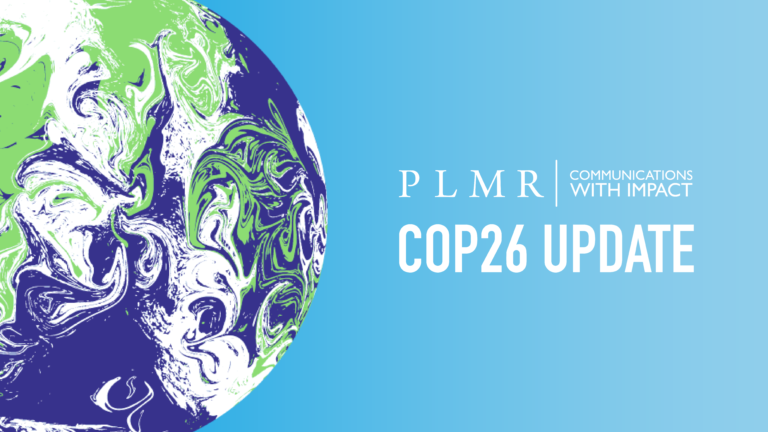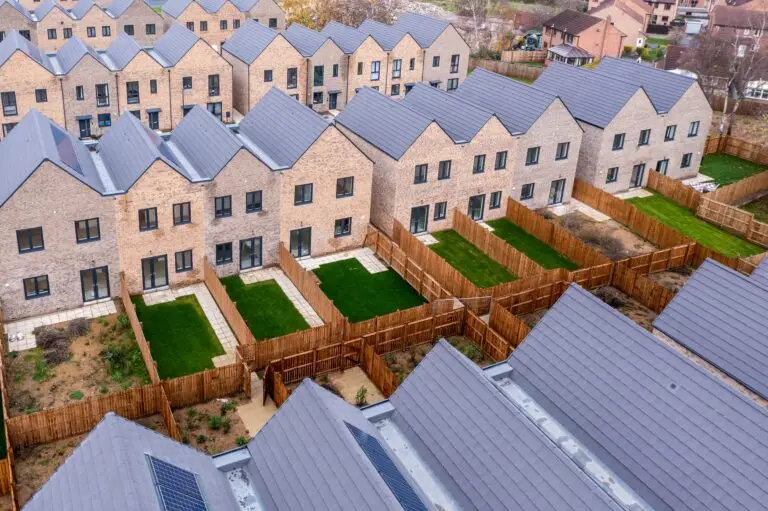- The EU has been accused of being missing in action in Glasgow, with green groups saying the bloc has appeared ineffective and at times inept.
- The next two COPs will take place in the Arab world, with Egypt and the United Arab Emirates hosting the 2022 and 2023 summits.
- John Kerry and Xie Zhenhua, the respective US and Chinese climate envoys, reached a climate detente in the final days of the COP26 summit in Glasgow, despite conflict in almost every other arena.
- Beyond Oil and Gas Alliance, an international alliance to halt new oil and gas drilling added six members, but did not get the support of any major fossil fuel producers or the British government, host of the talks.
- The UN’s development chief has warned that the world is far off the emissions cuts needed, but progress is being made thanks to the 2015 Paris Agreement.
Boris Johnson is right to compare COP26 to a football game. The first half of the Conference kicked-off with electricity, hope, and saw a series of quick announcements and set-plays. What followed was a second half lul, as activists grew frustrated with progress and old rivalries surfaced.
As we enter extra time – the Conference has not reached a deal and is expected to continue into the weekend – the atmosphere is filled with desperation of what many see as the ‘last chance’ to keep global warming to a 1.5 degree minimum. As I’m writing this, hundreds of delegates are staging a walkout, in what is traditionally seen as a total admission of defeat.
Here is the state of play. On Wednesday, the first draft of a COP26 deal was published. It featured a call for a faster coal phaseout and an end to fossil fuel subsidies, a reference that was hailed as potentially groundbreaking by green groups. By early morning on Friday it had been re-issued, with a number of watered down commitments. The latest version of the deal now refers to phasing out only “inefficient” fossil fuel subsidies, for instance.
Nationally defined contributions (individual nations climate plans) have also been a sticking point. The most recent draft document “urges parties to revisit and strengthen the 2030 targets…as necessary to align with the Paris agreement temperature goal by the end of 2022.” This is a watered down version of the former document which “requested” this.
This draft will not be the final. Developing nations, for one, continue to advocate that the text still focuses too much on cutting emissions, rather than on funding for adaption and climate change.
This over-night switch has characterized much of entire Conference. Almost daily, previously ‘significant announcements’ are revealed to have been not quite as groundbreaking as the initial press release indicated.
Take Biden’s methane’s commitment – to slash methane by at least 30% by 2030 – which was later revealed to have been snubbed by China and India. Or Indonesia, who backtracked from the global pledge to end deforestation by 2030, noting that it would only reduce it slowly and not end it completely.
One of my favorites, as Politco noted, was when Italy friendzoned the Beyond Oil and Gas Alliance, announcing that it would join the effort to phase out production but only as a “friend”.
Jokes aside, it does raise the question, with only every other country signing onto pledges and commitments, how are we going to solve what is a global challenge?
One of the most striking parts of COP26 has been hearing the voices of the marginalized and the indigenous. From the streets and rooms of Glasgow, activists, academics, youth groups and indigenous groups have relentlessly tried to demonstrate the urgent and real consequences climate change. Their calls have only been half heard in the diplomatic negotiating halls of the blue zone.
While assessments of whether the Conference has been enough will continue to weigh in over the weekend (most assessments are on the side of, not quite) it has very much demonstrated the gap between societal hope and ambition and the realities of private interests and public diplomacy.





